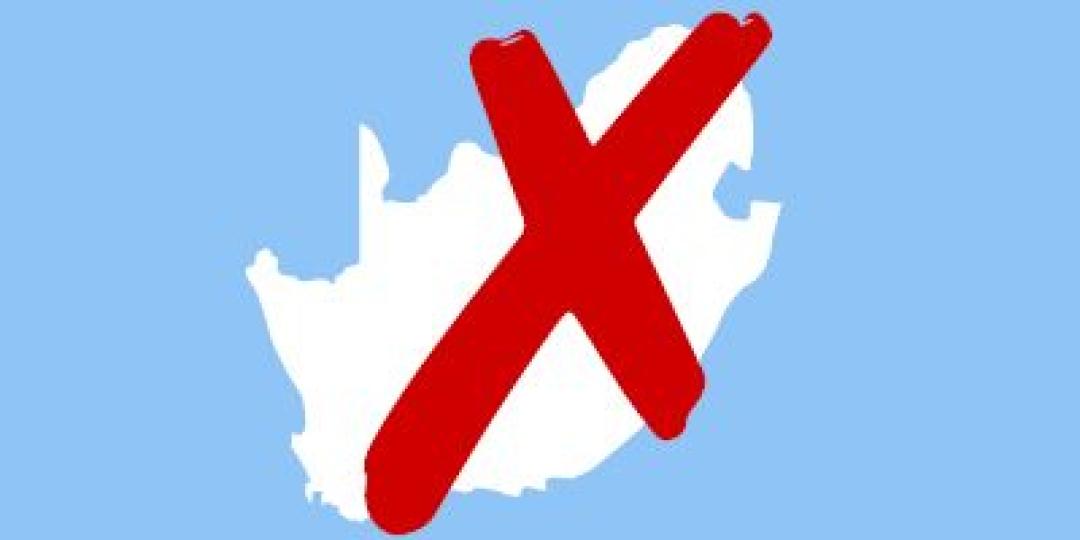Despite SA visa regulations not being implemented at application centres abroad, travel from these markets is down due to trade removing the destination from marketing campaigns.
Tourism Update contacted visa application centres in Shanghai and Beijing, Moscow, and the head office for all visa application centres in India. All these foreign offices reported that the biometric machinery needed to capture fingerprints had not yet arrived. Although the requirement for in-person applications has been implemented in Russia, centres in China and India have said that third parties, including travel agents and tour operators, can apply on behalf of the traveller.
Unfortunately, despite not being implemented, the regulations are still affecting travel from these markets. Michael Tollman, CEO of Cullinan Holdings explains: “The moment that the planned regulations were announced, and they were expected to be implemented in October last year, most of the tour operators that we worked with moved their marketing and advertising away from South Africa and took South Africa out of their brochures.”
Cullinan experienced a 70% drop in business from the Chinese market in October alone, as a direct result of the visa regulations, Tollman said.
“We are now not marketed in travel agencies or by tour operators so, yes, we’ve certainly been impacted and will continue to be impacted until such time that there is clarity on a viable and reasonable system that competes with other countries in the rest of the world.”
Stats published by Statistics SA showed a 53.1% drop in Chinese arrivals between October and December 2014 compared with the previous year, while Indian arrivals dropped 15.4%.
Terry Fenton-Wells MD of SA Magic Tours also points out that confusion and uncertainty around the visa regulations from the Chinese trade have had a negative effect on arrival numbers, as well as a decrease in advertising spend for marketing SA.
“Feedback from our trade partners in the three countries (China, India and Russia) is rather uniform: Due to the requirements being in place – though not enforced – South Africa is no longer a destination in the top bracket of their marketing efforts,” said Frank Glettenberg, CEO of Private Safaris.
"For FITs and smaller family groups the trade is happy to fulfil the requests as the time span between selling the travel package and applying for the visa is short. For ad-hoc leisure and especially MICE groups the trade tries to persuade the clients to rather choose another destination, as the time span between confirming the group movement and the visa application of each individual traveller might be weeks or months, carrying the risk that the biometric equipment will be delivered and the requirement enforced in the meantime.
“The worst that can happen to a major tour operator is that the client might lose their confidence in the trade partner for good, badmouth the trade partner in their own social circles and refrain from booking any further travel with this partner, regardless of destination,” Glettenberg added.
Tollman said competing destinations had recognised the value in making visa applications easier for the Chinese market as they had shown the most significant growth in travel globally.
“Where other countries have biometrics in 11 cities, for example, if we want to compete, we have to do the same. If other countries are doing visas on arrival, which is the easiest way to do it for the tourist, then if we want to compete with those destinations, we have to be on a level playing field.”
“We’re still experiencing issues with Home Affairs not getting the requisite capacity to process visas normally,” said David Frost, CEO of SATSA. “It’s that imminent threat that’s hanging over everybody’s head and we’ve had issues in China where we’ve run out of visa papers. In India we’ve had capacity issue. So we’ve just become uncompetitive and they don’t want anything to do with us.”
Johan Groenewald, MD of Royal African Discoveries said there was a serious lack of communication from authorities on the visa regulations. “We’ve asked the High Commission, the Consulate in India to make it clear to the trade what the situation is and that never happened.”
Royal African Destinations works predominantly with the Indian market and, according to Groenewald, the threat of the regulations being implemented is one of the biggest worries as they are approaching the high-season for travel to SA from this market. “High-season is during SA winter months, which starts in May and a lot of the suppliers, particularly on the Garden Route, rely on this market.”
[AdZone]
Tollman said he visited China on business six months before the visa regulations were announced and at the time the market showed great interest in travel to South Africa. “I’ve never seen South Africa as popular as it was then. We managed to turn off the enthusiasm in one announcement and we managed to insult the trade.”






















